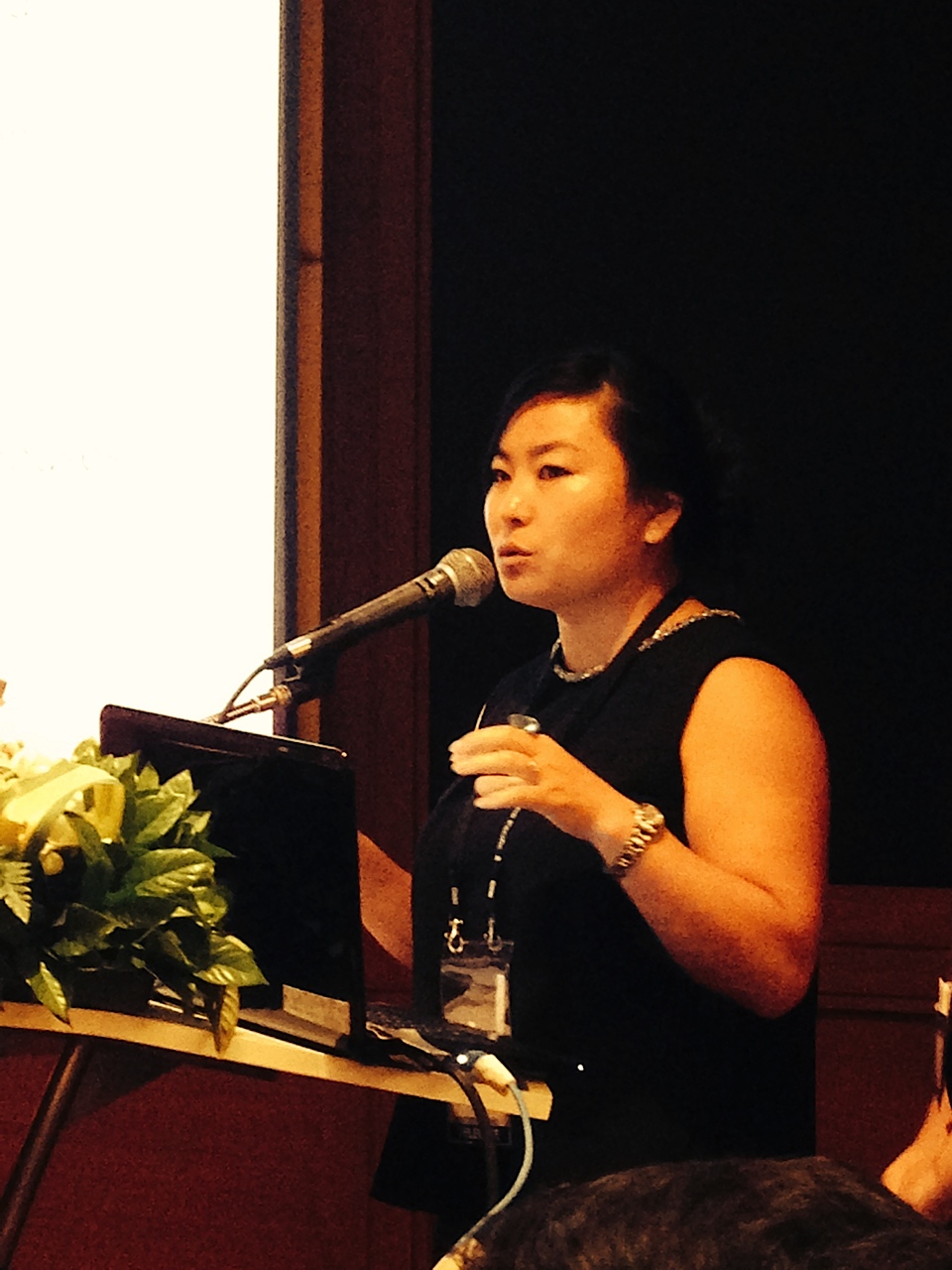
Lanlan, a founding member and now executive director of Tianjin Xin’ai (天津信爱)was born in 1978, a time of great economic change for China. After dropping out of school at thirteen, Lanlan tried her hand at farming and eventually found work in a restaurant, chopping vegetables and washing dishes. In 2000, after the birth of her daughter, Lanlan turned to sex work to support her child and aging parents. She was motivated to start a sex worker support group when she began to feel, as she says, that “AIDS NGO staff could not relate to sex workers or their particular needs.” Today, Tianjin Xin’ai conducts outreach to sex workers, providing them with occupational safety training, health training, and legal training. The mission, says Lanlan, is self-confidence, self-respect, and mutual support.
Because of restrictive U.S. visa policies, Lanlan may be one of the few sex workers in
attendance at the AIDS 2012 conference this year. Lanlan spoke to Asia Catalyst about her own work and why she looking forward to Washington, DC.





